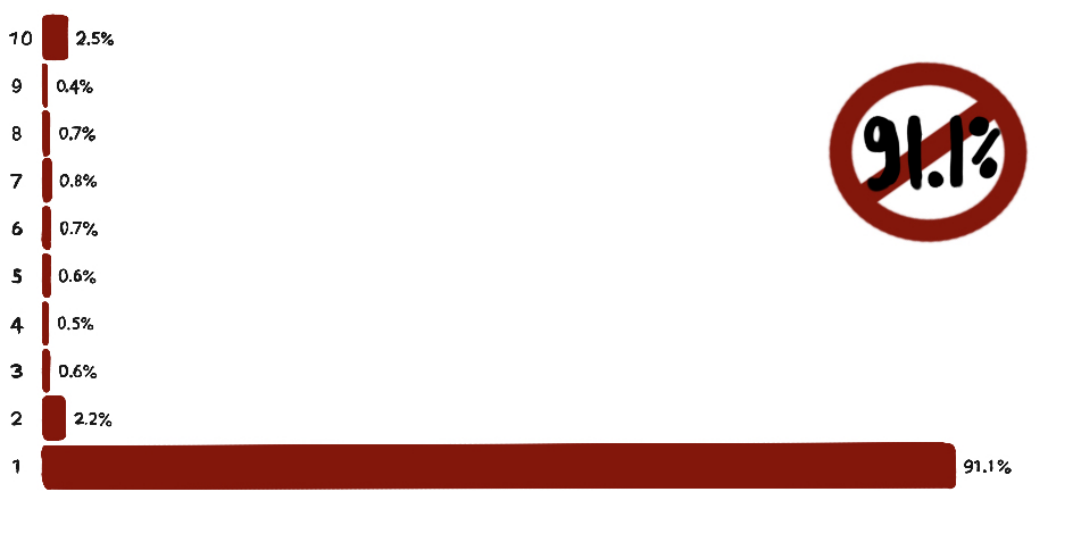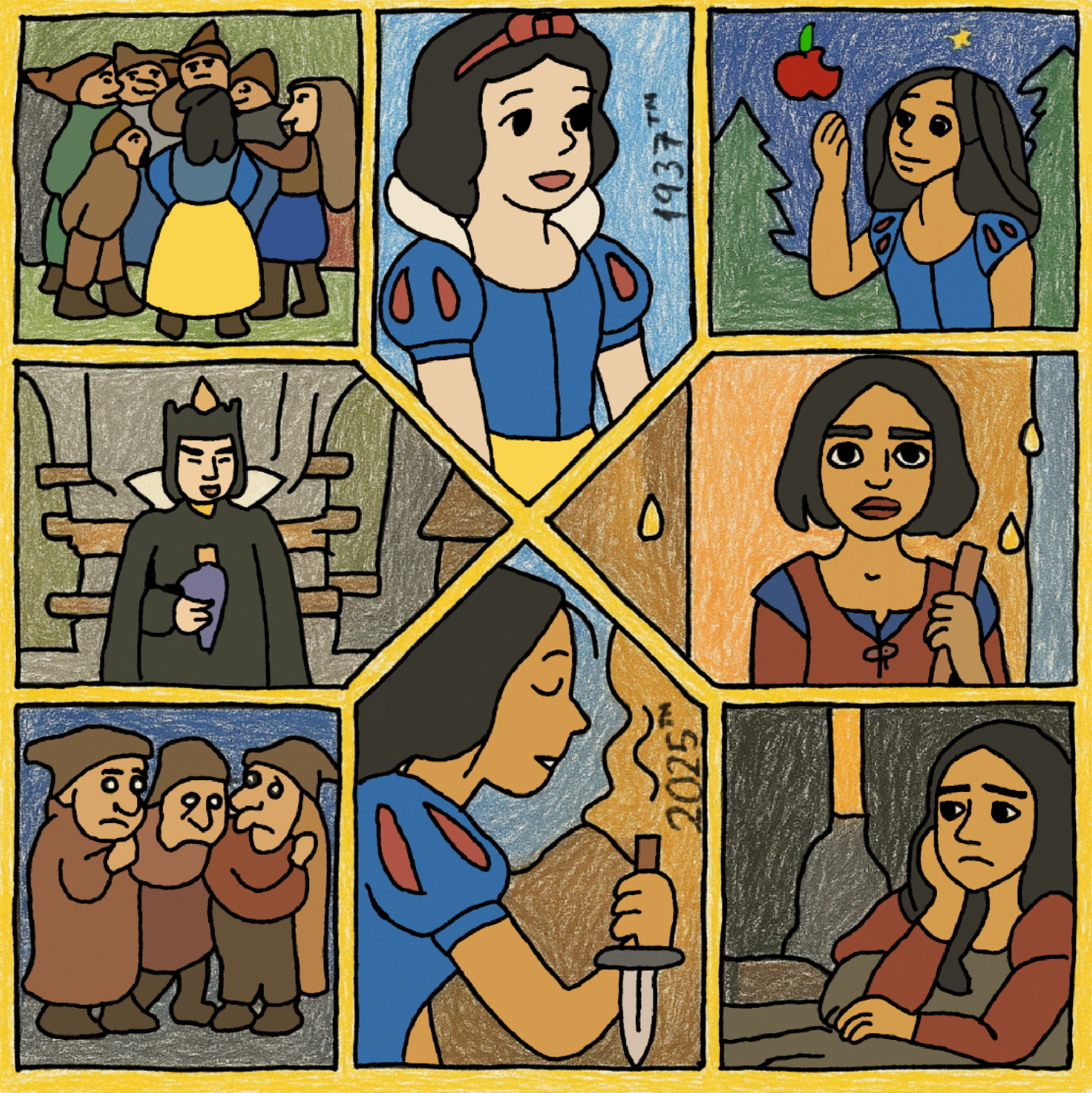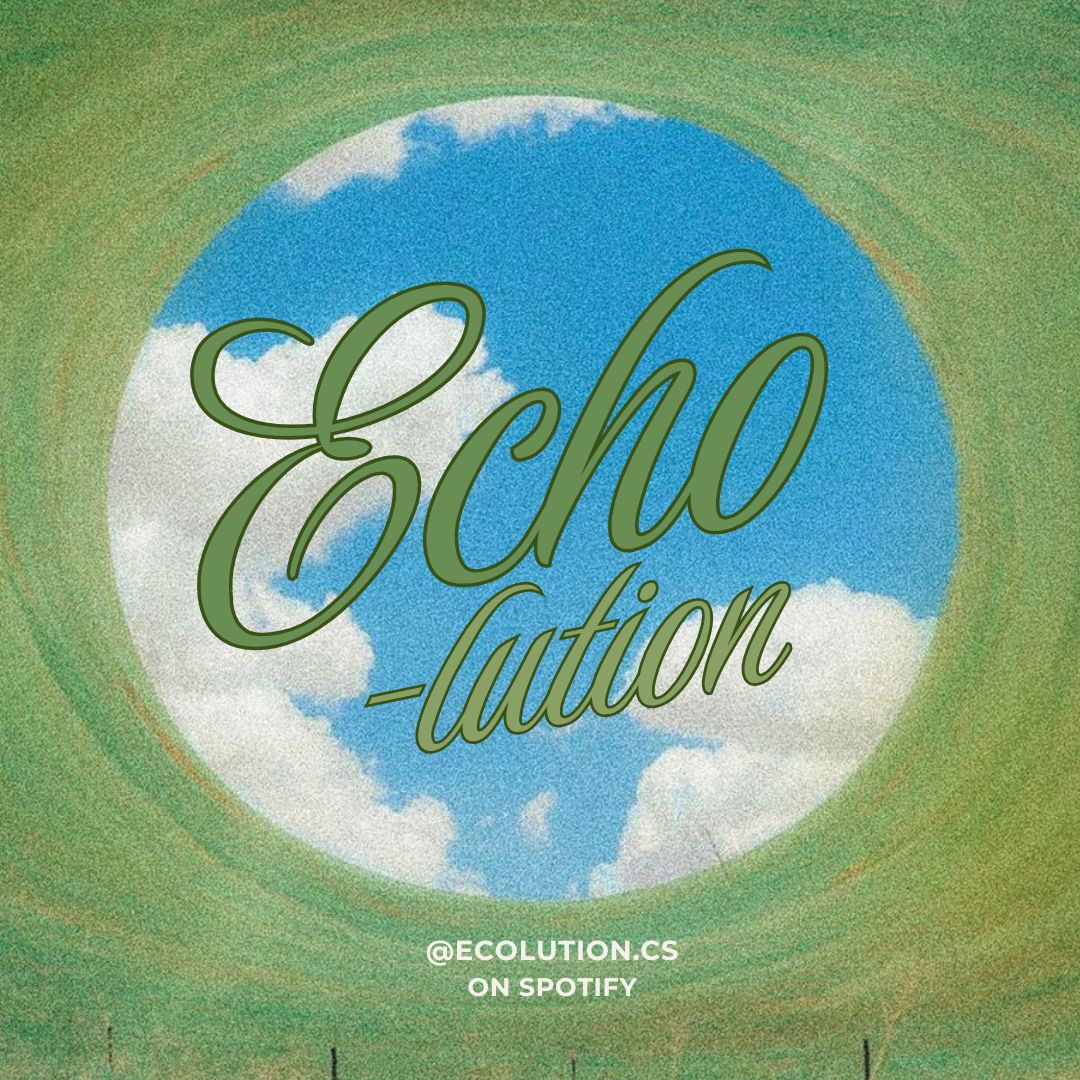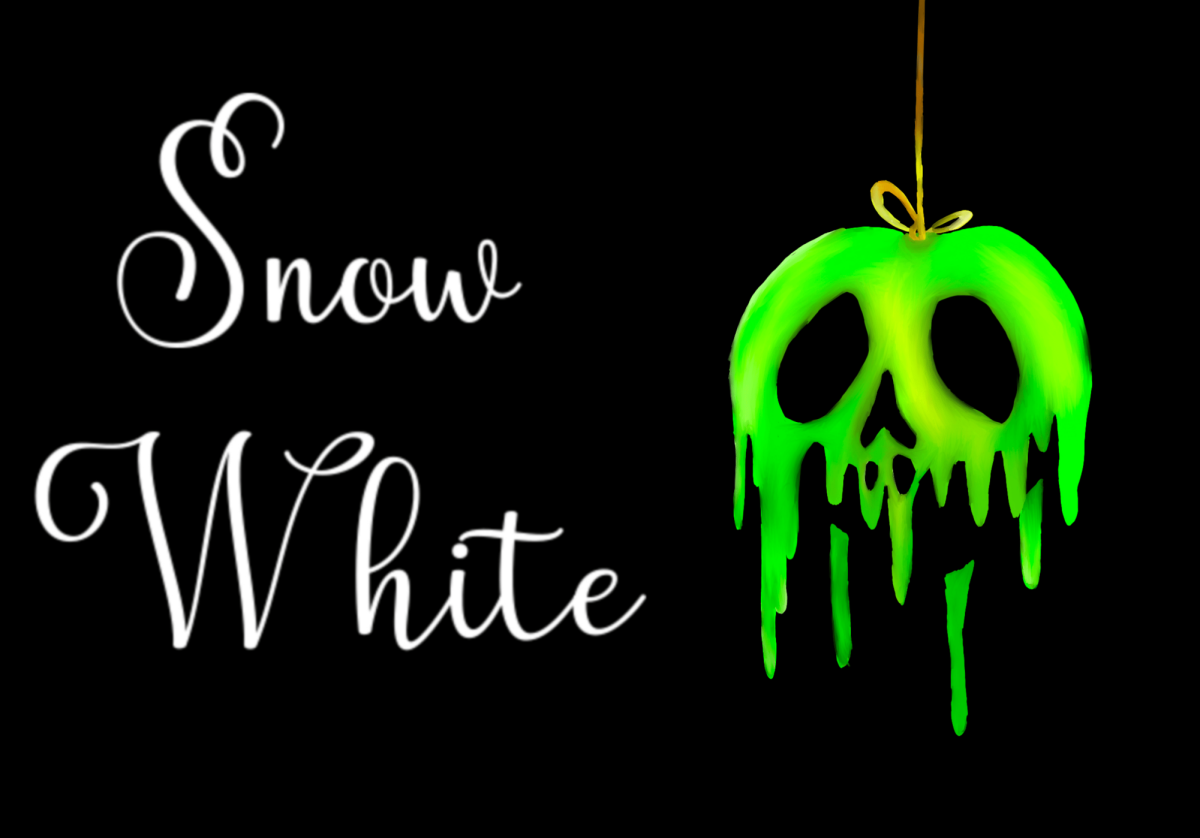The “Snow White” movie hit a new record: the lowest rating for any live-action remake. Truthfully, if not for this article, I’d DNF the movie within the first 20 minutes. As each scene passed, one after another, I started to question my life choices that led me to download the movie in the first place. Initially, the audience expected a nostalgic remake of the original — a chance to revisit their childhood memories. Instead, it faced “mixed” reviews, with 91.1% of watchers giving it a one-star rating.

The 2025 remake of “Snow White” retells Disney’s 1937 classic — the studio’s first full-length animated film and a landmark in cinema history. The original story follows the journey of the sweet princess Snow White as she fights against her Evil stepmother. The tale ends as Prince Charming saves the damsel in distress with a true love’s kiss.
The modern remake promised something different — more modern, more empowering, more inclusive.
Missing the mark with representation
Even before the release, the remake stirred backlash, especially with Snow White’s iconic sidekicks: the “7 dwarves.” When Disney first announced that real actors would play the roles, critics pitched in on the long-standing debate on representation in films. Many called the choice “insensitive typecasting,” while Peter Dinklage, an actor who has a form of dwarfism, commented in support of casting other actors with dwarfism.
Eventually, Disney caved and switched to fully CGI versions with a statement: “To avoid reinforcing stereotypes from the original animated film, we are taking a different approach with these seven characters.” However, Disney’s initial decision and its pivot seemed like an effort to avoid ruffling any feathers rather than a testament to representation.
Unfortunately, the production team’s efforts fell flat. Aside from opening opportunities for marginalized actors, genuine representation could have brought genuine charm, energy, and personality to the roles.
The CGI turned them into creepy, nightmare-inducing dwarves that gave me the “uncanny valley.” Only Dopey looked remotely cute; the rest felt like they’d crawl out of the screen and murder me in my sleep. This ended up as one of the most criticized parts of the entire film as well.
Tokenism in casting
Although Snow White’s name was given for her “snow-white” skin, the production team cast mixed-race actress Rachel Zegler as Snow White in a superficial attempt to hop onto the trend of diversity.
Furthermore, the studio constantly reminded the audience that Snow White is “fair” because of her soul, strength, or heart — an overcorrection that almost screams, “Look at us, we’re being progressive.” This overshadowed the story’s original emotional and symbolic integrity.
Forced messaging

In the remake, the box office expected an empowered princess fighting for her own future rather than a helpless heroine. Zegler constantly criticized the original film’s outdated aspects in interviews, especially the “damsel in distress” trope.
The reimagined “Snow White” fights to claim her throne. The new rendition reduced the most iconic scene of the original to a shabby face-off with daggers and awkward lines between the malicious Queen and the now power-hungry princess. This fundamental shift completely skewed the innocent and naive charm of Snow White and stripped away the heart of the film.
While Disney spearheads a commendable mission to create an empowering story, it shouldn’t sacrifice an integral narrative in cultural and cinematic history. Disney could have created a new, diverse storyline that reflected the richness of different identities. Instead, we were left with a forced and careless version of a beloved classic.
The production team plotted to ruin the original film in an attempt to profit from “diversity hire.” However, the movie failed to achieve the profit they sought. In fact, the film only earned $87.3 million on a $336.4 million budget – one of Disney’s most expensive failures to date.
This failure took it further than other criticized live-action Disney movies, as it exposed the lack of respect the production team showed to the audience – it finally challenged the belief that live-action remakes guarantee easy money. Disney clearly expected another safe success, but audience reception proved the theory wrong.
This flop should serve as a wake-up call. People no longer accept flimsy reboots that demean the original’s soul while desperately reaching for brownie points. It’s time for Disney to create original stories that honor both legacy and representation.






















































Sola • May 12, 2025 at 8:41 pm
Please stoppp making remakes! Leave it as it is!!
My childhood is in danger here.
Jio Kim • May 8, 2025 at 8:28 pm
I think from participating in last month’s SOARing discussion, it helps me understand tokenism along with this general topic really well! it’s a really well written article!!
Ellie An • May 8, 2025 at 7:27 pm
tbh I think it would have been okay if the title was not “Snow White”
Dylan • May 8, 2025 at 7:26 pm
Snow wiped off the ratings
Brian Kim • May 8, 2025 at 7:25 pm
I only watched the first 10 minutes and I slept for the rest of the movie;;;
Esther • May 8, 2025 at 7:23 pm
I think that I kind of agree with this article since Snow White was named for her pale skin. I don’t really care much about it, but I hope that Disney follows at least the tale’s plot and story. I still would like to see the live action movie since I haven’t seen it before. However, I would like Disney to at least follow the story, and not change it entirely.